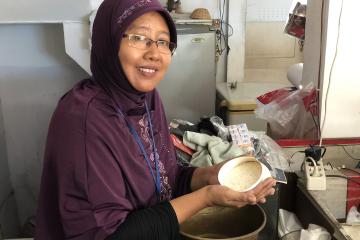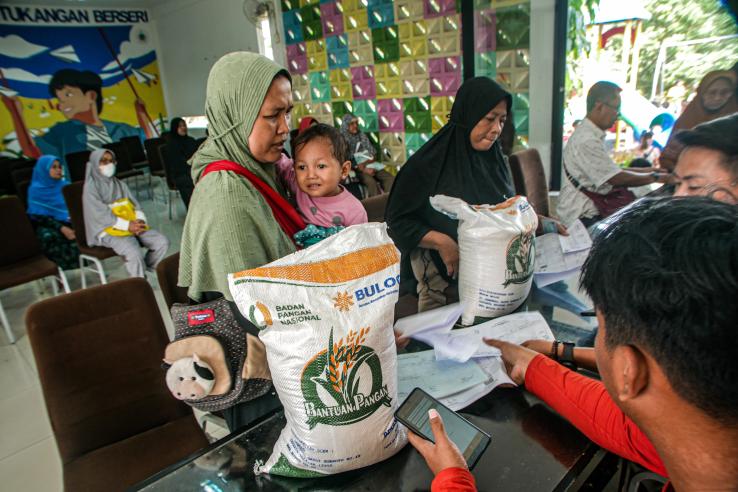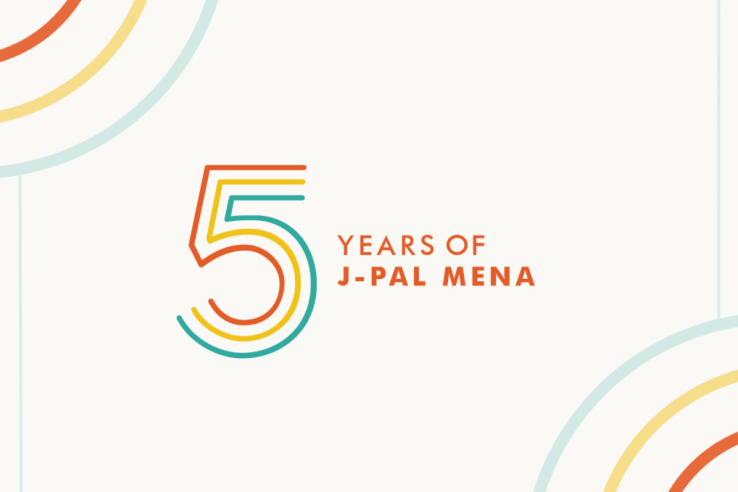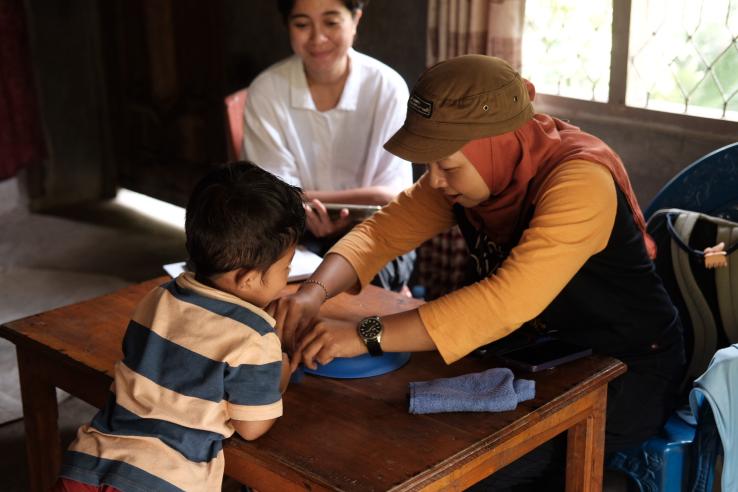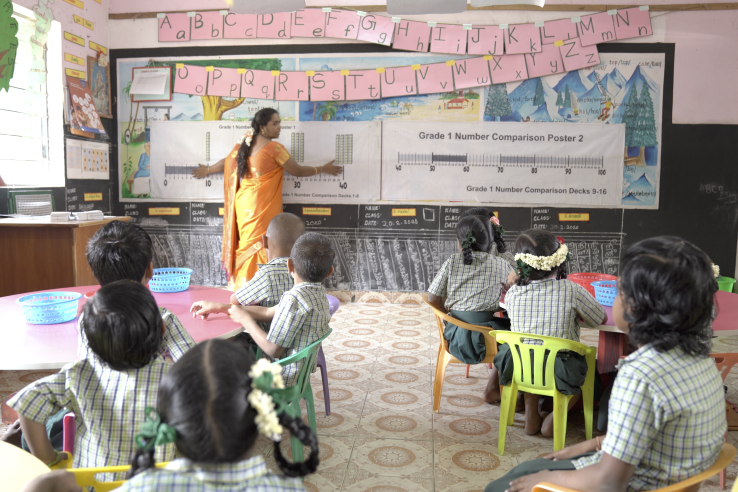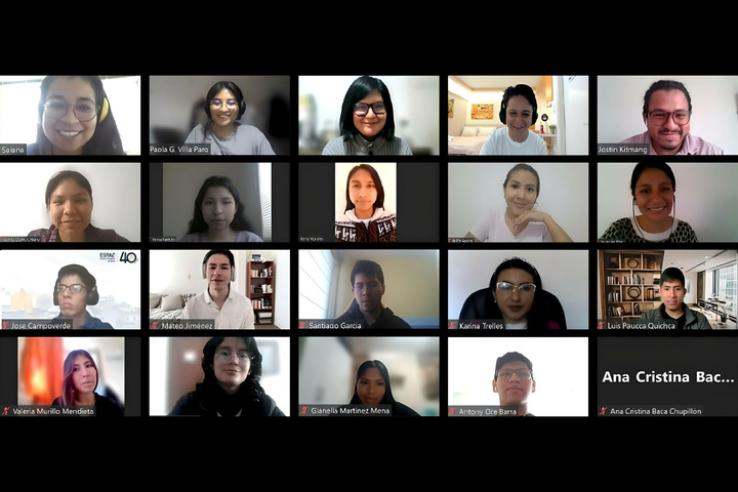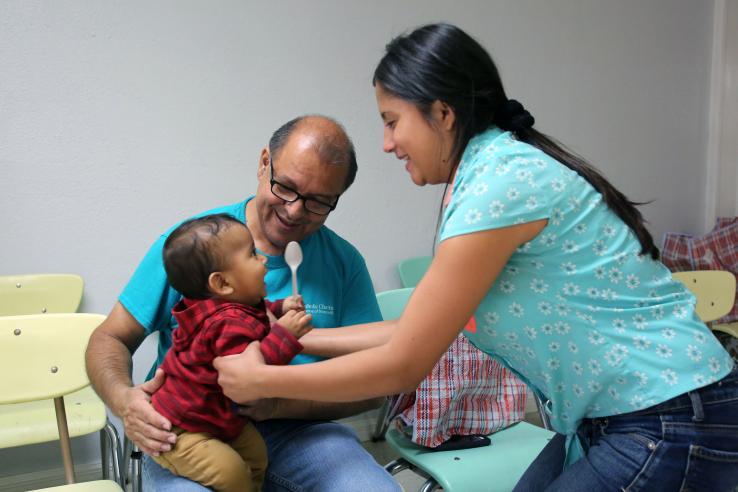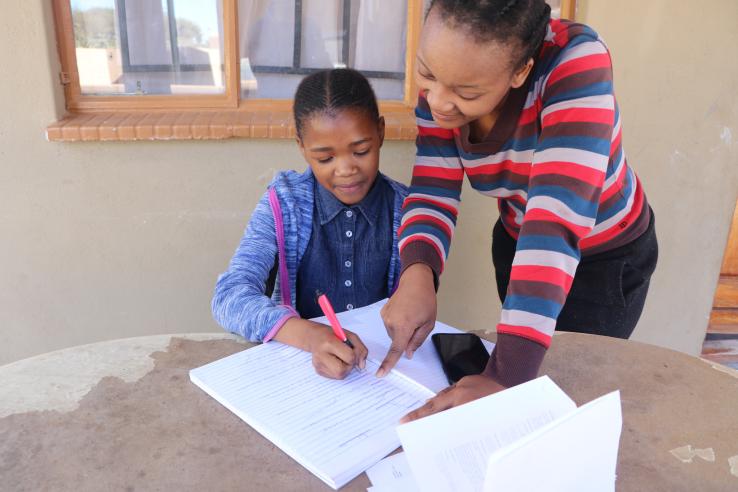Displaying 3286 - 3300 of 8424
The Evidence Effect
A dual strategy to alleviate poverty: Attaching conditions to cash transfers can provide immediate financial assistance while helping families invest in their children's future.
The Evidence Effect
Providing vulnerable households with accurate, timely information about their benefits can help improve access and increase government efficiency.
Blog
Most LMIC governments invest far more in their own social programs—which include health care, education, and social safety nets—than all foreign aid combined. While foreign assistance has been in the spotlight this year, LMIC governments are the ones that make financial commitments, set priorities...
Event
J-PAL MENA at AUC is hosting a special event to mark five years of advancing evidence-informed policymaking in the MENA region.
Event
J-PAL Southeast Asia is organizing a Research-to-Policy Showcase, "Uncovering What Works: Supporting the Last-Mile Delivery of ECED Programs," on 15 July 2025. The event will convene stakeholders in the early childhood and development sector to exchange knowledge on innovations in the field, share...
The Evidence Effect
Providing quick financial support to families in advance of extreme weather events can improve their resilience and recovery.
Resource
Layout Page
ASPIRE responds to pressing economic and social challenges, which restrict the lives of millions of Indians. We are working on tackling root causes of poverty, by maximizing the impact of evidence-based solutions.
Resource
Layout Page
ASPIRE’s core mission is to reduce poverty at scale by partnering with governments, civil society, and donors to embed evidence-based solutions into public systems. Through a collaborative and systems-oriented model, ASPIRE helps ensure that every investment achieves outsized and lasting impact.
Resource
Layout Page
Alliance for Scaling Policy Impact through Research and Evidence (ASPIRE) is a joint initiative of J-PAL South Asia and the Veddis Foundation to bring together governments, donors and CSOs working towards alleviating poverty through scientific evidence and data.
Research Paper
File: Research paper
Research Paper
File: Research paper
Research Paper
File: Research paper
Blog
In this post, we speak with the co-founders of EconThaki, an organization created to improve diversity and inclusion in economics through information, training and mentoring in South America. Econthaki was launched by young Peruvian researchers, including Jostin Kitmang, J-PAL LAC Research Manager...
Blog
In Guatemala—one of the countries with the world's highest stunting rates and low early childhood education enrollment—several organizations and government institutions increasingly recognize the importance of improving early child development (ECD) and have accumulated relevant key lessons on ECD...
Update
J-PAL Updates
Our June 2023 Newsletter features the first of J-PAL's 20 for 20:Partner Voices blog series, the latest evidence on microcredit, and an alumni of of J-PAL and MIT’s Data, Economics, and Development Policy (DEDP) master’s program.

